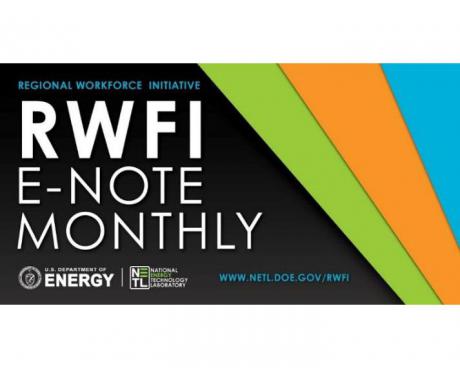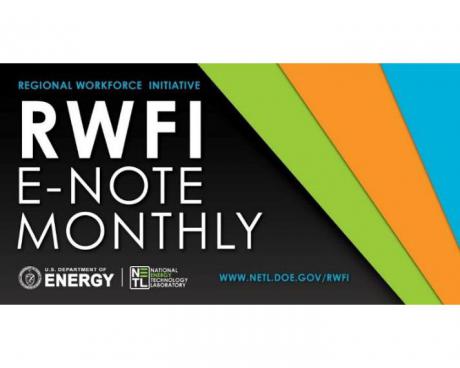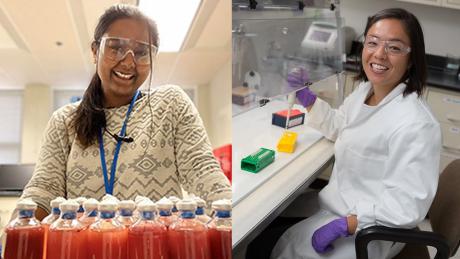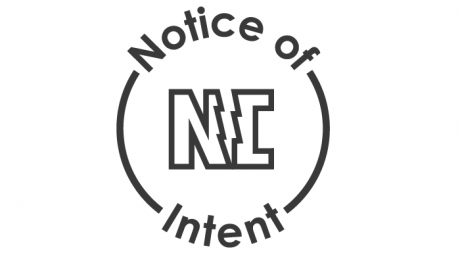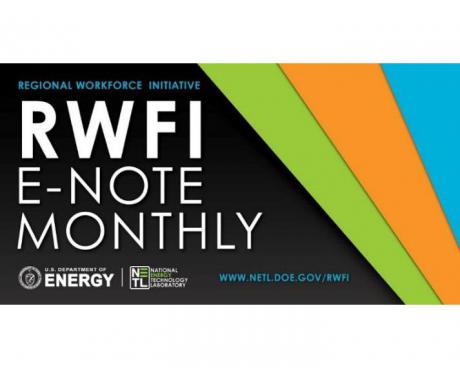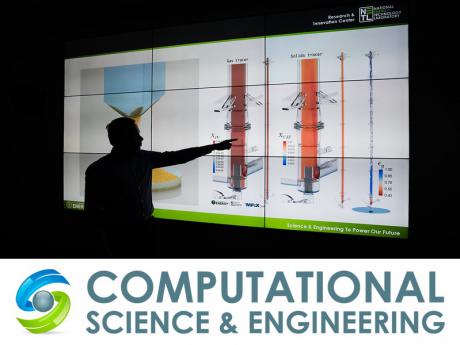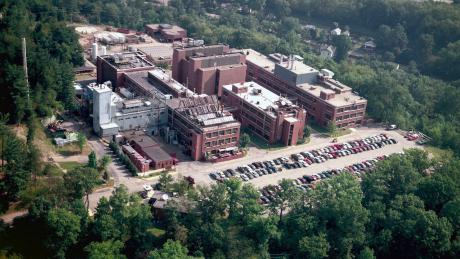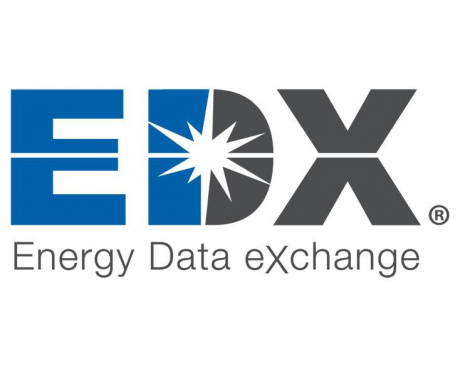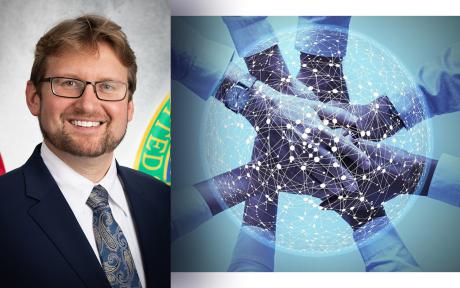The January 2022 edition of the RWFI E-Note Monthly, the newsletter of NETL’s Regional Workforce Initiative (RWFI), will include invitations for an upcoming webinar on the job-creating potential of hydrogen power.
During the Energy 101 Webinar on Hydrogen and the Low-Carbon Economy, attendees will learn about the research being conducted by NETL in hydrogen technologies and how successes in research may lead to economic and workforce opportunities. The Biden Administration strives to create a clean energy sector, which can be achieved through a combination of hydrogen production from the country’s energy resources while simultaneously capturing and storing carbon dioxide. This approach holds great potential for workforce development.
Attendance to the Energy 101 series is free, but spaces are limited. Interested parties are asked to register in advance for the event.
About
News and Events
Research and Programs
Carbon Management Point Source Carbon Capture Carbon Dioxide Removal Carbon Dioxide Conversion Carbon Transport & Storage Hydrogen with Carbon Management
Resource Sustainability Methane Mitigation Technologies Minerals Sustainability Natural Gas Decarbonization and Hydrogen Technologies Advanced Remediation Technologies Energy Asset Transformation
Key Lab Initiatives Advanced Alloys Signature Center (AASC) Science-based Artificial Intelligence and Machine Learning Institute (SAMI) Center for Microwave Chemistry (CMC) Center for Sustainable Fuels and Chemicals (CSFC)
Energy Technology Development Office of Energy Efficiency and Renewable Energy Battery Workforce Initiative Cybersecurity, Energy Security, and Emergency Response Office of ElectricityGrid Resilience
Business
Library
Explore our Library

Approved Categorical Exclusions Environmental Assessments Environmental Impact Statements Oil and Gas Projects Summaries NETL Fact Sheets NETL Newsletters Publication Search Energy Data Exchange (EDX) FECM External R&D Final Technical Reports Summary Information for External R&D Awards Technical Reports Series (TRS) Peer Review Reports Interagency Working Group Initial Report
- Research and Programs
- Carbon Management
- Core Competencies
- Resource Sustainability
- University Training & Research
- Key Lab Initiatives
- Energy Technology Development
- Featured Infrastructure
- Methane Emissions Reduction Program
-
- Business
- Technology Transfer
-
- Library
- Energy Analysis
-
- About
- News and Events
- Education




